✒ Best Recent Wine Books
Recent Book Round Up
As we’ve frequently noted on The Wine Conversation, wine stories these days are often about climate change, and not always good news. There is one bright spot, however, and that’s books on wine: The climate’s improved lately, and there have been two recent good years in a row, abundant and distinguished by quality and variety, mostly thanks to two enterprising publishers: the Académie du Vin Library, a dream project of the late Steven Spurrier, and Infinite Ideas, which has created a varied range of books (including one on entrepreneurial strategy based on Game of Thrones). Their approaches are different, but complimentary – and praiseworthy.
The Académie, which lists Hugh Johnson as an advisor, leans toward the literary, as exemplified by “Drinking with the Valkyries,” by Andrew Jefford, which seems to have been nominated for every award the wine world bestows lately, and quite deservedly. He’s a fine writer and original thinker who doesn’t join the bland, gridlocked patterns that define so much of wine discourse, preferring the singular glories of off-road journeys. The title essay, for example, compares making Vintage Port to cage-fighting (“density and ferocity… unapologetic”); elsewhere, he denotes tasting without drinking as a “necessary flaw,” and a “mangrove swamp,” and demolishes the idea of awarding points from so many different, and relevant, angles that I find it hard to look at those numbers any more without laughing out loud. This is, instead, all about eloquent, open-minded, and generously inclusive wine appreciation: We’re all invited, and reminded how much there is to enjoy.
Upbeat and informative in a different way is “Oz Clarke on Wine,” an exuberant, even boisterous memoir and love letter to wine, a tour d’horizon aptly subtitled “your global wine companion.” Clarke is garrulous, opinionated, and often quite funny, whether explaining “the Spain you know and the Spain you don’t,” wondering “was Oregon ever the new Burgundy?” or relating how Mark Antony (“a bit of a lad”) tried to create sparkling wine in order to boost Cleopatra’s friskiness; few writers are as good company.
And then, speaking of bubbly, the Academie has just popped another cork, with “On Champagne,” a wide-ranging and fairly stellar anthology, mostly a state-of-the-art overview by such luminaries as Serena Sutcliffe MW, Tom Stevenson, Elin McCoy, Tyson Stelzer, Hugh Johnson, and a dozen other experts, past and present. The only thing missing is much of a sense of humour, so often a component of Champagne stories – Evelyn Waugh and Joe Fattorini are the only partygoers; perhaps more’s been held back for an anthology of wine wit?
The Infinite Ideas wine library, somewhat more down-to-earth, consists of 30 books so far, with several more in the pipeline. Overseen by Sarah Jane Evans MW, Richard Mayson, and James Tidwell MS, each volume covers a region, country or type, by authors who know them well (the list bristles with MWs and well-known experts like Anne Krebiehl MW, Stephen Brook, Raymond Blake, Evans, and Mayson). Although the look and feel of the books is somewhat utilitarian – full-sized, solid and durable paperbacks, straightforward no-nonsense formatting – the texts are quite well-written, organized, and edited, efficiently combining topography and appreciation. Two good recent examples are “The Wines of Rousillon,” by Rosemary George MW, and “Wines of the Rhône,” by Matt Walls.
Formerly known for now-unfashionable sweet wines, the dry wines of Rousillon only emerged as serious contenders about 50 years ago – a blink in the long view of wine – and then still had to fight their way from under an overbearing mismatch with the neighbouring and bulky Languedoc; it’s different, and, as the author points out, unusual and original, something of an undiscovered territory, which this book goes a long way toward remedying.
Not a problem with the Rhône, although the competing claims, myths, and charms of the region and its wines can provide a sometimes somewhat bewildering mosaic (or, as the author puts it when assessing the Southern Rhône, the “gallimaufry”). Despite its rich history, change – especially the effect of climate change – is inevitable, and Matt Walls provides a clear-eyed view of its present, and insights into the future.
The most astonishing wine book of the year – almost any year, really, is “The South America Wine Guide,” by Amanda Barnes. It’s a 528-page hardbound, well-designed volume of dense but straightforward prose, good maps and illustrations that literally opens up new territory, an achievement all the more amazing by being self-published. Barnes is an Englishwoman who’s lived and worked as a journalist there for a decade, joining the winemakers in “a period of change, retrospection, and innovation,” an assertion she proves repeatedly, as she explores winemaking in 10 countries (with some digressions on food, culture and tourism). If you think it’s all about Malbec and a few classic French varieties, you’ll have to think again, and it’ll be interesting to see the reaction when the first “natural wines” from Brazil arrive – will they be as wildly popular as they are in Rio and San Paulo?
Finally, there were two offbeat memoirs. Wine recollections are nothing unusual of course, but these are different, neither mixed bags of amiable dinners and vintages, nor jolly travelogues, but rather personal and original approaches to wine’s subtleties, joys, and epiphanies. “To Fall in Love, Drink This” is by Alice Feiring, one of the best-known advocates of natural wines and a fierce defender of the faith. This is a true autobiography, with family melodramas and the pangs of coming of age as well as a writer, but it’s also a coming-to-wine story – each chapter ends with wine recommendations, and the text is studded with anecdotes and tips; there’s also a serial killer, in person. The cover illustration is of Alice in Wonderland, and it’s apt.
“Blood from a Stone,” by Adam McHugh, takes an unusual tack: wine as redemption. The author was a hospice chaplain, helping people cope with the end of life, and eventually succumbing to compassion fatigue, “trapped in my best intentions to do good.” A trip to France, and then discovering the wine country of California’s Santa Barbara region, reveal an alternative. Some conversion narratives can be arduous, but McHugh blends his passion with logic, healthy doses of history, and deft storytelling. Celebrating life’s pleasures has always been not only an act of gratitude, he writes, but of defiance, and attentive wine appreciation is a fine antidote to boredom. More trips to France, where “there is no separation of church and wine estate,” lead to bottom-of-the-barrel work in retail shops and tasting rooms until he concludes his roundabout odyssey in the Santa Ynez Valley, working in vineyards, life finally salvaged. It’s folksy, often deadpan-funny, unabashedly romantic, and irresistible.
RELATED POSTS
Keep up with our adventures in wine
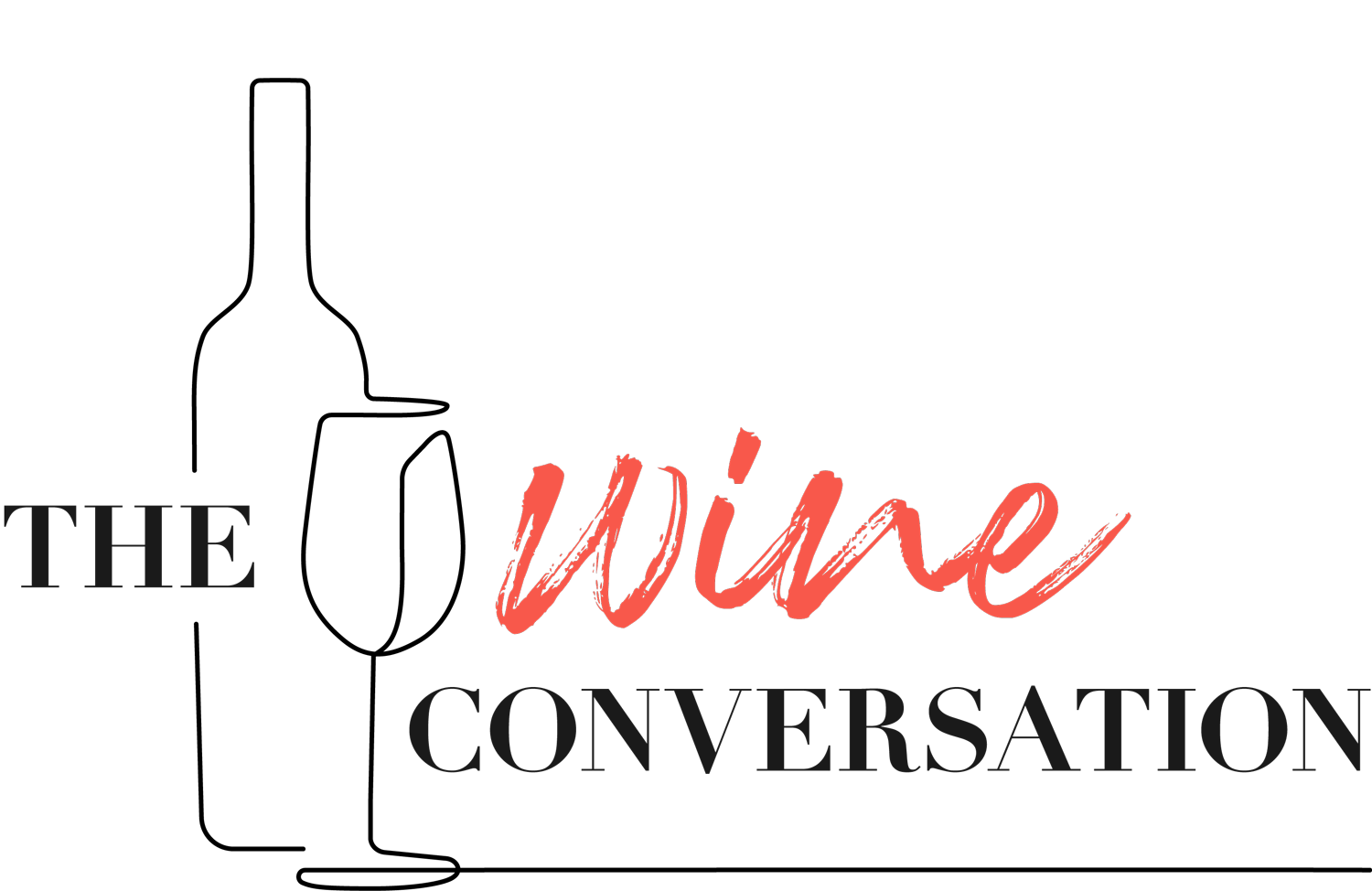
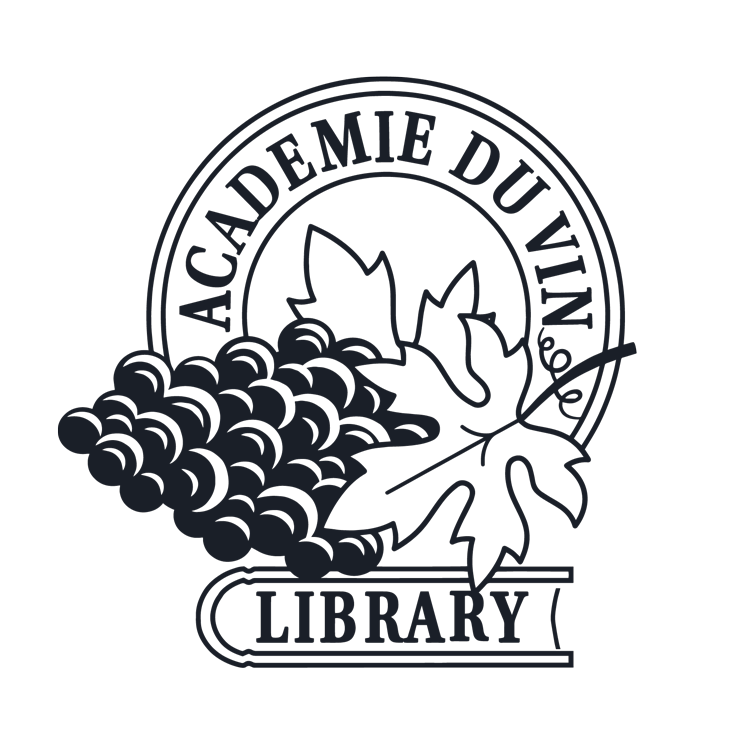
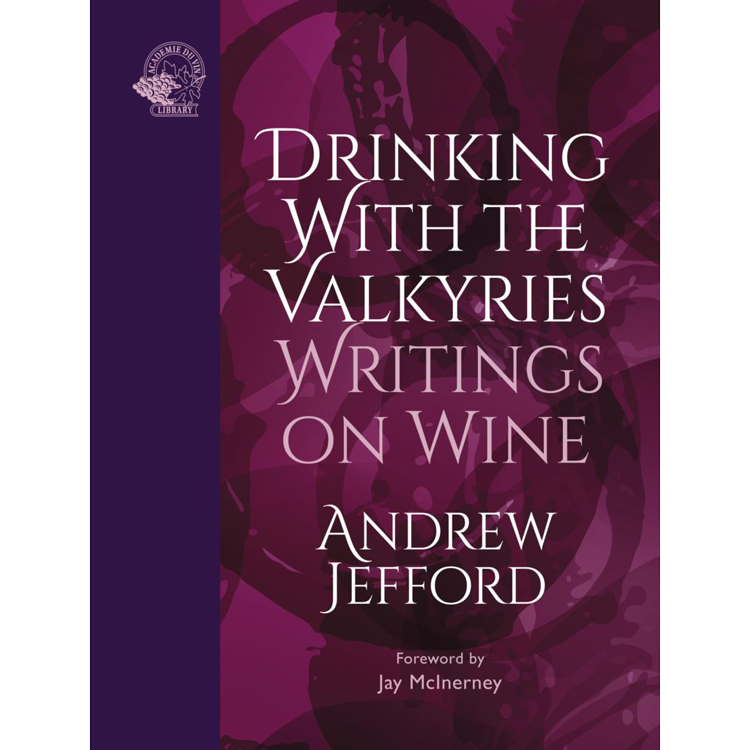
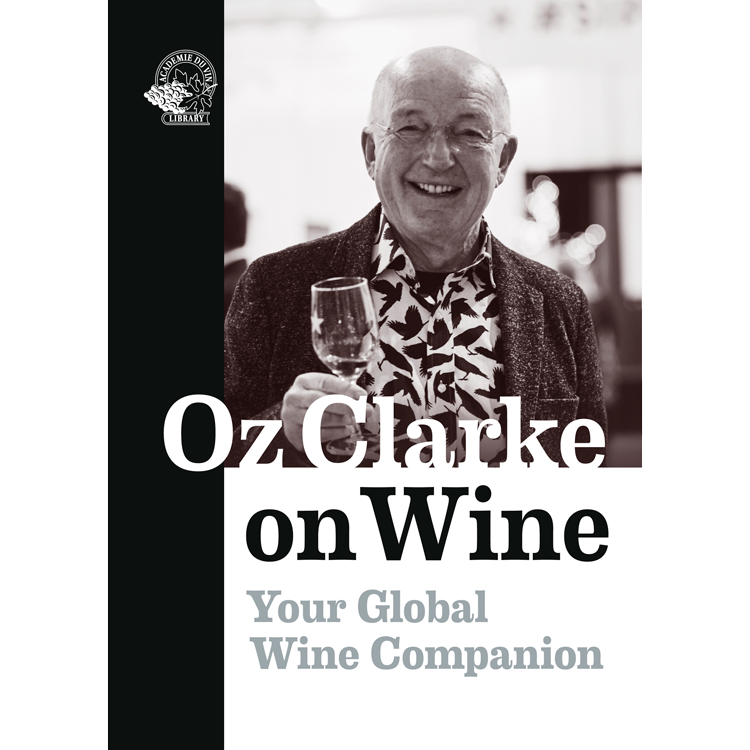
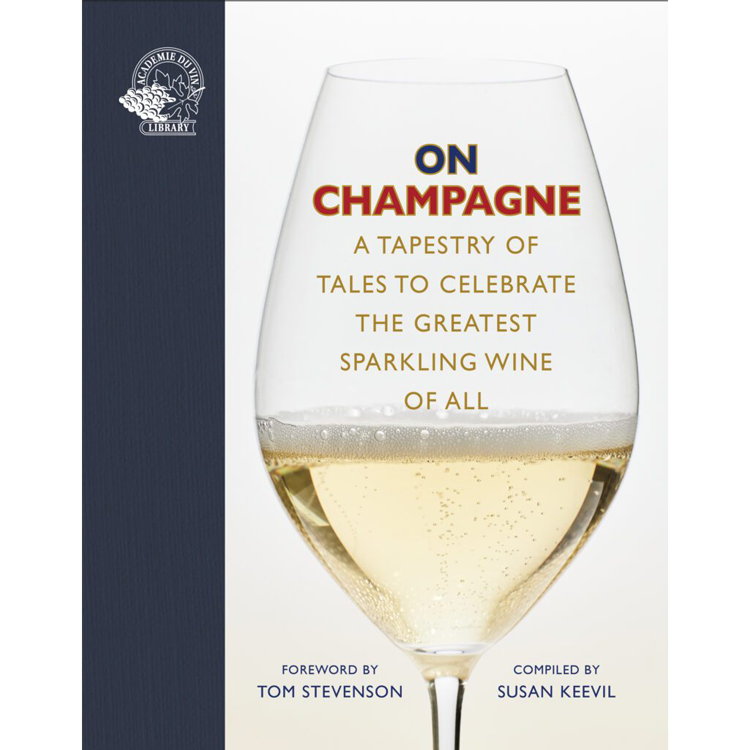
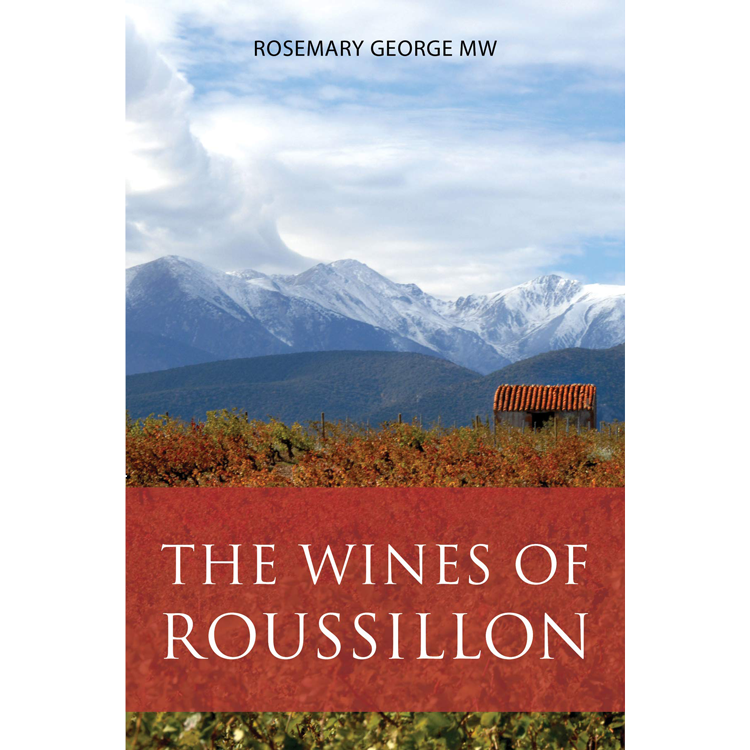
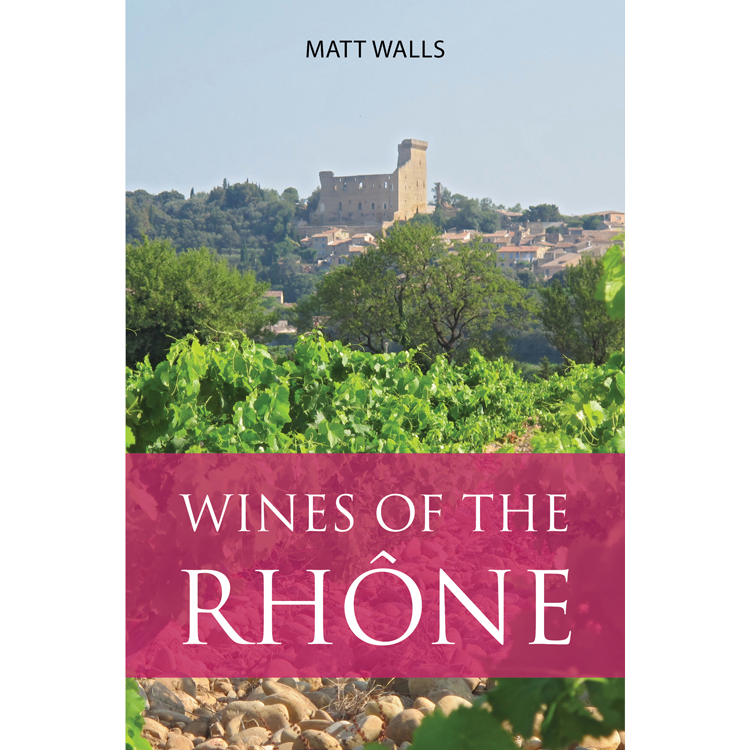
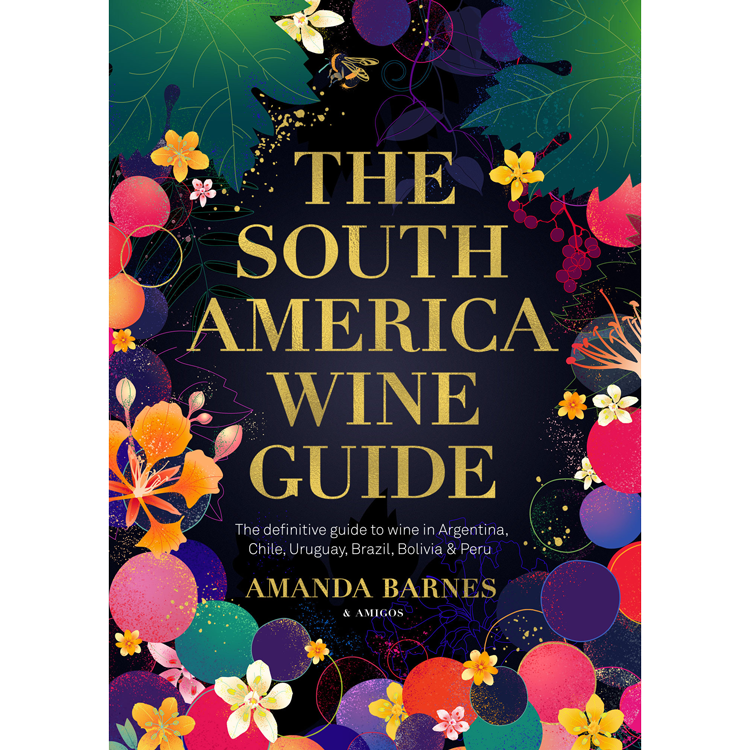
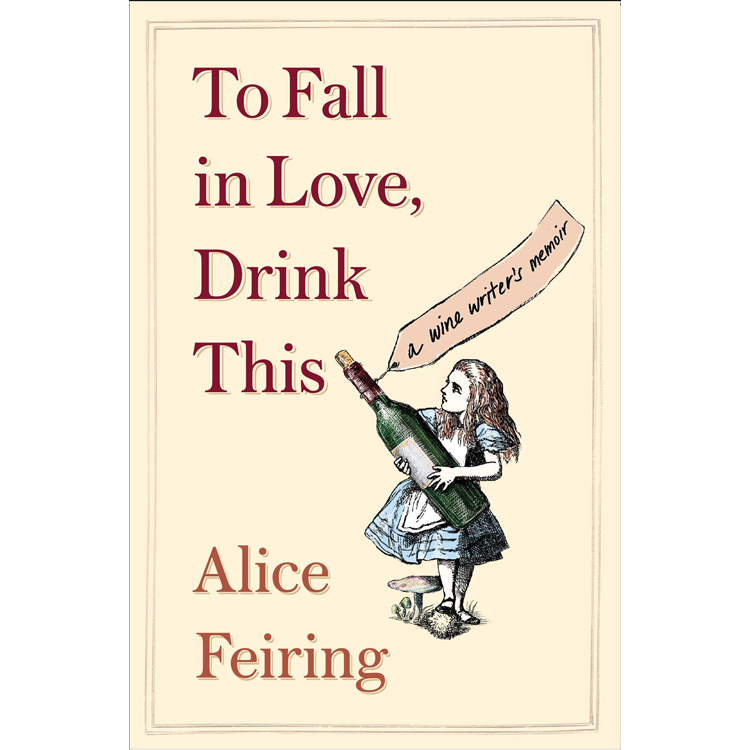

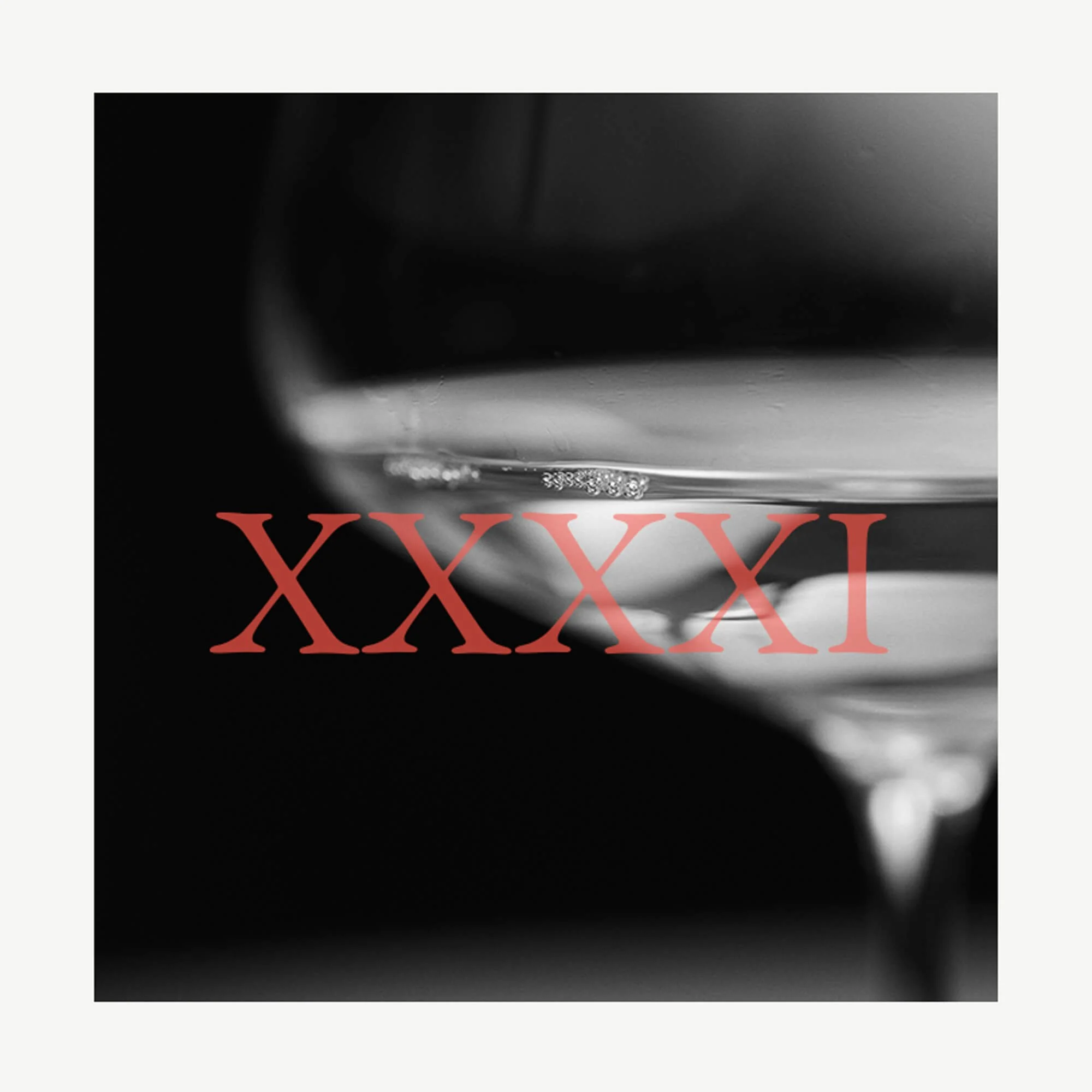
Discover the amazing people visited and great wines drunk when Jane Anson and Sarah Kemp visited Tuscany on the inaugural Tuscany Connoisseur Week.